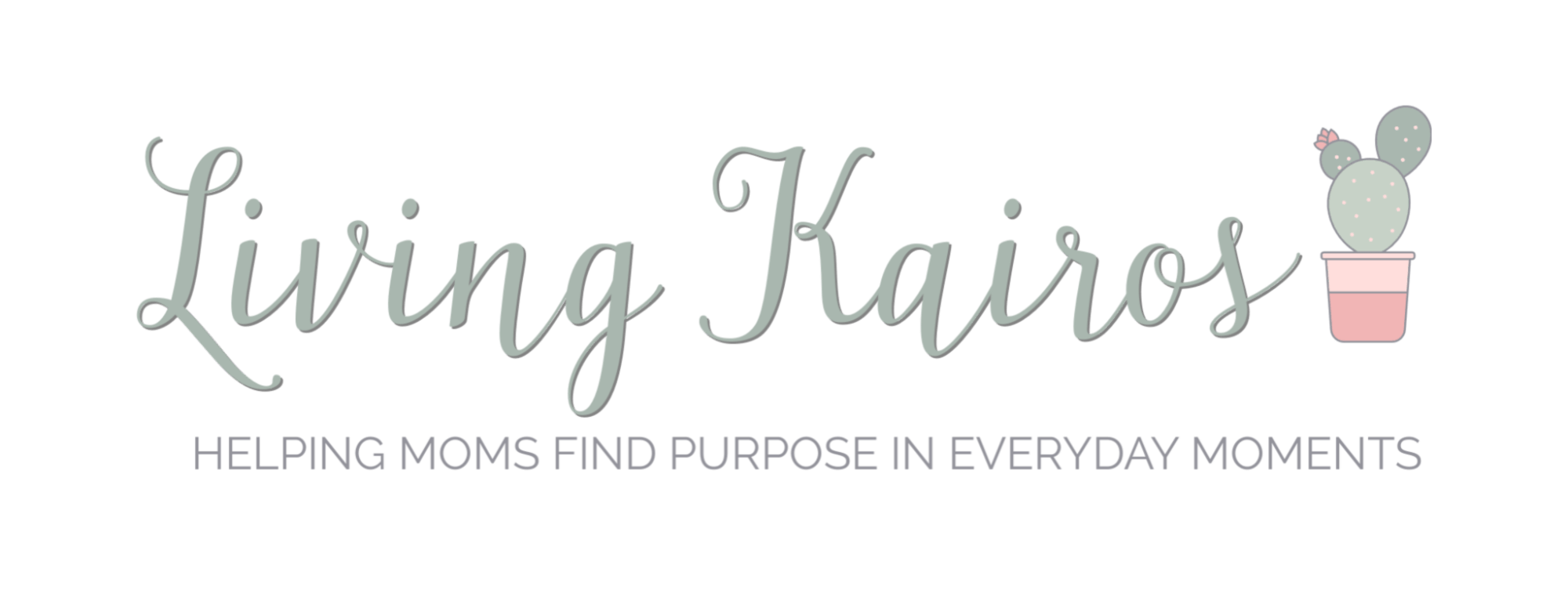Raise your hand if you’ve ever experienced an uncomfortable or disastrous situation that was the result of a misuse of words. It can be anything from improper communication about a project to a full-blown conflict with someone you care about. As we continue our series, Organize Your Life, we discover the power of words and learn how to organize our words and the way we communicate.
If you missed the rest of the posts in the series, scroll to the bottom of the page for links.

First, organize your words with clear, concise communication
Nobody likes being misunderstood, and no one enjoys misunderstanding other people either. So many things can go wrong when we don’t communicate well with those around us. For example, if you and your husband have a miscommunication about who’s turn is is to pick up the kids from soccer practice, your little ones might be left standing in the rain waiting for someone to come get them (the rain example is for dramatic effect; it never rains here in New Mexico).
One benefit to clear communication is the ability to get things done quickly and efficiently. I am all about efficiency. It makes my little OCD heart so happy when things run like a well-oiled machine. You can be as organized as possible in your head, but if you don’t effectively communicate those thoughts to others, things can quickly deteriorate and you’re left standing in the rubble of your failed plans wondering what went wrong (clearly I’m all about the drama today).
What is clear communication?
Clear communication begins with real, true listening. This sounds simple, but it actually takes some real effort. How many times do you find yourself planning out what you’re going to say while the other person is still talking? I’m super guilty of this and it’s not good. If you’re busy thinking about your comeback, you’re not really listening (and thus comprehending) what the other person is really saying. You may feel the need to plan out your responses to organize your words (like me!), but that’s best left until the other person is done talking.
Another aspect of true listening is eye contact. It’s so easy to get distracted when you listen to someone talk. Make a point of maintaining eye contact with them, and it will help keep you from planning your response. People feel appreciated and understood when they are given good, strong eye contact. Just don’t get so intense about it that you stare them down and make them uncomfortable!
Second, organize your words during conflict
I hate (hate!) conflict. In fact, most people avoid it at all costs. Of course, there are always a few people that love to get a rise out of others, but they are the minority. But to organize your words, you must learn the importance of preparing for and surviving conflict.
Write down talking points
This sounds silly, but trust me, it works. If you know you have to confront someone, write out your talking points to help get your head in the right place. Go into the conversation with a loose outline of what you want to say, and it will help you from getting caught up in the heat of the moment and distracted by your emotions.
Be flexible
Writing out talking points does not mean making a script for the conversation. It’s just an exercise to help you get yourself in the right mindset going into a difficult situation Things will go differently than you imagined in your head, so be flexible. This is where active listening comes in, so make sure to practice it!
Third, organize your words with your husband
When my husband and I did premarital counseling, the pastor told us that communication is the key to a healthy marriage. I cannot stress enough the importance of talking with your spouse. And I mean really talking, not just, “How was your day?”
We need to share our thoughts, hopes, and dreams with our spouses. Hold each other accountable in the areas we struggle with. Encourage and edify each other. When our kids see their parents communicate well, they learn to do the same.
Good communication in a marriage will help you avoid conflict and decrease the risk of miscommunication. Never assume your partner knows what you’re thinking. There’s no such thing as over-communication in a marriage.
Fourth, organize your words with your kids
Ephesians 4:6 instructs parents to avoid exasperating their children (NIV). One of the quickest ways to frustrate your kids is to fail to effectively communicate with them. Kids take things very literally, so it’s important that you say exactly what you mean.
Also, do you very best not to yell. I know it’s hard. There are times when you’re so frustrated because you’ve told them fifteen times to put on their shoes and you feel your anger starting to bubble up. In those moments, take a deep breath and count to ten. Don’t get me wrong, I’m all for strict parenting, but yelling isn’t the way to do it. Your kids will to get so used not behaving until you yell that them that pretty soon, it won’t work anymore.
Finally, organize your words online
This last one is a biggie. Think before you post/comment/share. It’s really easy to spout off online without thinking about the consequences of your words. A good rule of thumb is to ask yourself if you’d want your mama to read your Facebook/Twitter/Instagram posts. Remember, your witness and testimony extend to your online sphere, and people will remember what they read.
Words are powerful, and they can either help or hurt, depending on how they are used. Communication is a two-way street, so make sure you listen more than you talk. Even if you’re the best communicator out there, conflict will eventually happen and it’s your responsibility to handle it like a mature adult.
I hope you use the skills you learned today to strengthen your relationship with your husband and children. Mama, make sure to organize your words, because they become your actions. Stay tuned to for the next post in our series: Organize Your Actions.
- How to Organize Your Thoughts (Organize Your Life – Part 1)
- How to Organize Your Actions & Habits (Organize Your Life – Part 3)
- The Importance of an Organized Character (Organize Your Life – Part 4)


